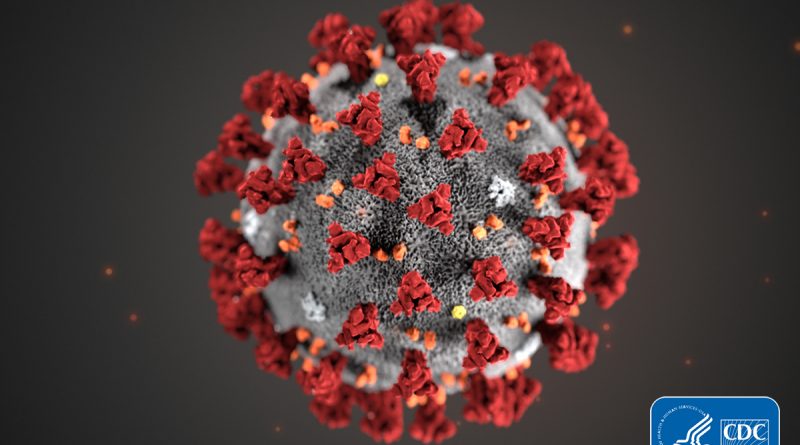MYTH: High doses of vitamin C will protect you
There is currently no scientific evidence that any alternative medicines and supplements could prevent or cure COVID-19. In fact, taking high doses of vitamins could lead to kidney and liver problems. Consult your doctor before taking any medication or supplements.
MYTH: Everyone needs to wear a mask
Wearing a mask is only effective when a person is already infected or immunocompromised. The WHO also advises individuals who work with infected patients, such as medical staff and hospital staff, to wear a mask.
MYTH: There is a vaccine and/or cure
According to the World Health Organisation (WHO), the National Institute for Communicable Diseases and the Centers for Diseases Control and Prevention (CDC) there is currently no vaccine or cure for COVID-19. Researchers from various countries are still working to develop a vaccine and, should they be successful, could take several months before it’s made available to the public.
MYTH: Current flu and pneumonia vaccines will protect you
Again, there are no known vaccines that will prevent COVID-19 infection. Authorities urge people to continue practicing basic hygiene by washing hands regularly with soap, staying home when you are sick and holding your hand(s) in front of your mouth and nose when sneezing or coughing.
MYTH: Pets can get infected and spread COVID-19
There is no evidence that pets can get infected with the novel coronavirus. The WHO still reminds people to continue washing their hands after contact with pets.
MYTH: Saline nasal rinses and mouthwash will stave off the infection
While saline rinses and mouthwash do have antimicrobial properties, these won’t do much in terms of preventing a COVID-19 infection.
MYTH: Items mailed from China could be infected
It’s still safe to accept packages from China. The novel coronavirus is fragile outside of the human body and won’t survive long on packages or other objects.
MYTH: Only the elderly get infected
People of all ages are vulnerable to infection. However, elderly and individuals with pre-existing medical conditions such as asthma, diabetes, heart diseases or immunodeficiency will experience harsher symptoms.
MYTH: Antibiotics are effective in treating COVID-19
Antibiotics are only effective in treating bacterial infections, and Covid-19 is a viral infection. Infected individuals are currently given antibiotics for other bacterial co-infections that might develop along with COVID-19. Doctors are also administering oxygen to patients experiencing breathing difficulties.
MYTH: COVID-19 is spread from animal meat
While researchers believe the virus originated from an animal (either bats or snakes), the virus is only spread through coming into contact with respiratory droplets as a result of coughing or sneezing. It can also be spread through saliva and nasal discharge, while early research also shows a possible link to faecal matter.
What can I do to keep my family safe from the Coronavirus? The World Health Organization offers guidance! https://t.co/yG5wdQPr9b #Health #Coronavirus @WHO pic.twitter.com/R1D8GN8So9
— Arrive Alive (@_ArriveAlive) March 19, 2020


























